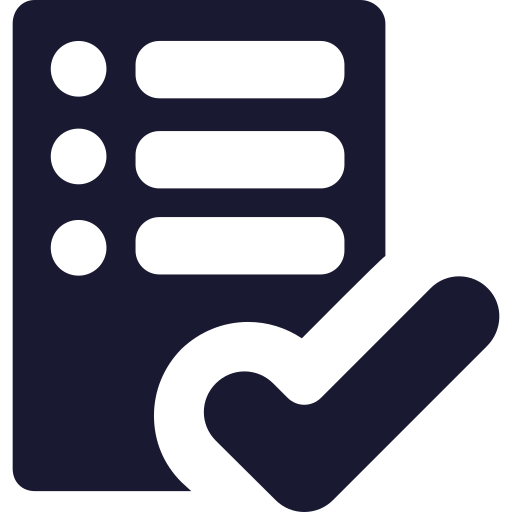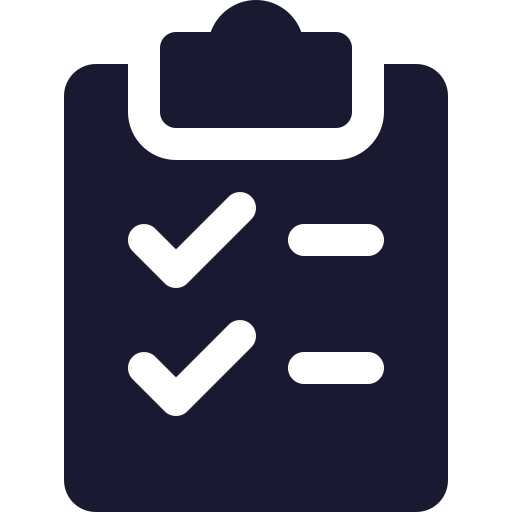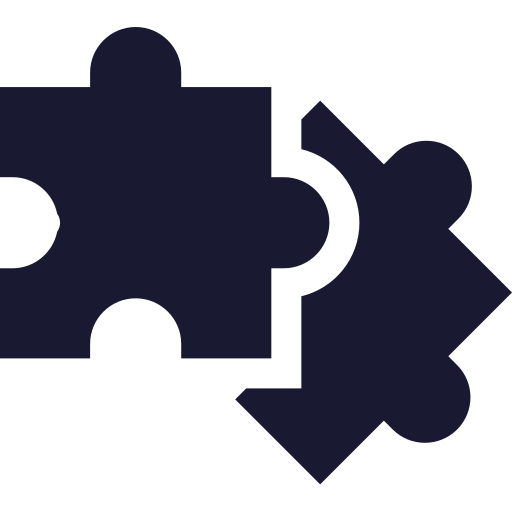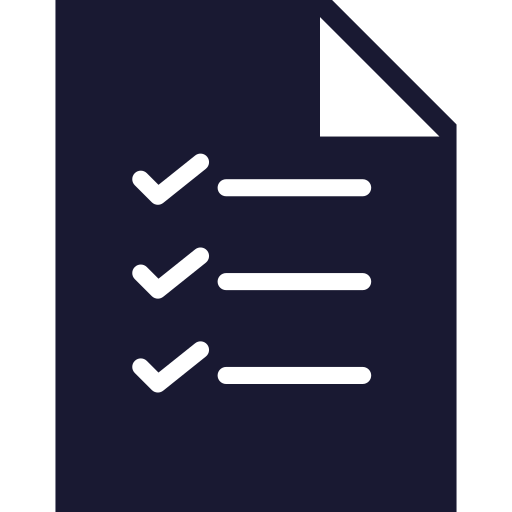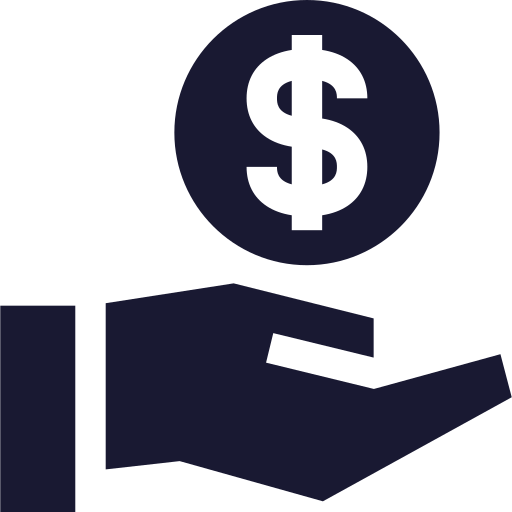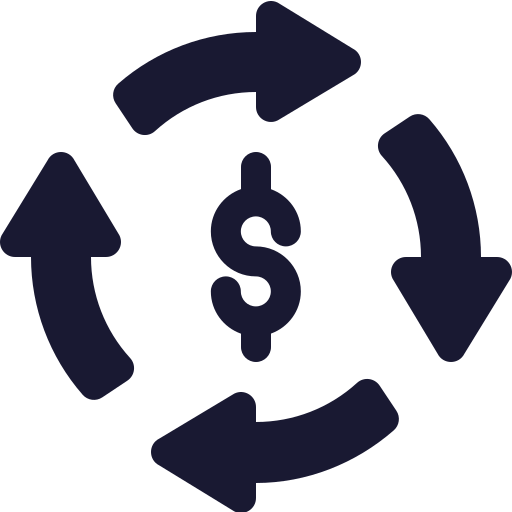Assets vs Liabilities | Your House is Not an Asset! (Rich Dad Poor Dad)
On this blog post, you will learn about the difference of assets vs liabilities and why your house is not an asset. Read these separate blog posts about Rich Dad Poor Dad summary, the concept of cashflow quadrant, and types of investors by Robert Kiyosaki.
How Do You Differentiate an Asset from a Liability?
Introduction | Assets vs Liabilities
Rich people acquire assets. On the other hand, the reason why the poor and middle class do not become rich is because they acquire liabilities that they think are assets. They miss out on buying income-generating assets because first and foremost, they don’t know the difference of assets vs liabilities.
But what exactly is the difference of assets vs liabilities? According to Rich Dad, it is the direction of cash flow that determines if something is an asset or a liability at that moment.
Defining Assets vs Liabilities
Rich Dad’s Definition of an Asset and a Liability
What’s the difference of assets vs liabilities?
Asset: “An asset puts money in your pocket.”
Liability: “A liability takes money out of your pocket.”
A Realization | Assets vs Liabilities
- Now that we have differentiated assets vs liabilities, let us dive deeper about the topic. People buy a house and consider it as an asset, when in fact it is a liability. And that is when confusion occurs.
- Rich Dad specifically mentioned, “Confusion occurs because the accepted method of accounting allows us to list both assets and liabilities under the asset column.”
The Truth About Assets vs Liabilities
“Your House is Not an Asset!”
- How do we differentiate assets vs liabilities in this scenario? In the book Rich Dad’s Guide to Investing, Robert Kiyosaki explains how this statement is valid through a diagram.
- “In this diagram, we have a $100,000 house where someone has put $20,000 cash down and now has an $80,000 mortgage. How do you know if this house is an asset or a liability? Is the house an asset just because it is listed under the asset column?”
- Let us look into the financial statement to find out if this house is an asset or liability.
- As you can see, items are listed only under the expense column and nothing is in the income column, which makes this house a liability.
Now the Question at Hand is: “How Do We Change a Liability to an Asset?”
- Let’s refine the diagram.
- Now you can see that two things are added: “rental income” and “net rental income”. The keyword here is the word “net”. With this, the house is now changed from a liability to an asset.
- In order to further understand the concept, here is an example from Rich Dad: “Now let’s say all the expenses associated with this house add up to $1,000 – which includes the mortgage payment, real estate taxes, insurance, utilities, and maintenance. And you now have a tenant paying you $1,200 a month.”
- If we do the math, you now have a net rental income of $200 a month. Now this makes the house an asset for it is putting money in your pocket.
In a nutshell, assets are income-generating items that increase in value over time. The only way a house can be an asset is if it generates income after all expenses are paid. On the other hand, liabilities are items that decrease in value over time, which will cost you more in the long-run.
How Does Your Financial Statement Look Like?
Now you know the difference of assets vs liabilities and the reason why your house is not an asset. In order to help you better understand your finances, here is a basic financial statement template that you can fill up!
Here at PhysicianEstate, we welcome all physician entrepreneurs to learn about commercial real estate investments, rental property investments, and wealth generation. We encourage all physicians to eventually become real estate physician investors. We know a great deal about Who – What – Why – How.
Stay in touch with us by signing up for our newsletter. The newsletter will keep you up to speed on the current real estate investments we are looking at, provide physicians with investment opportunities, and much more.
Legal Disclaimer: This is not investment advice. I am not a legal and/or investment advisor. This is my personal blog, and all information found here, including any ideas, opinions, views, predictions, forecasts, commentaries, suggestions, or stock picks, expressed or implied herein, are for informational, entertainment or educational purposes only and should not be construed as personal investment advice. These are my views, it is not a production of my employer, nor is it affiliated with any broker/dealer or registered investment advisor. While the information provided is believed to be accurate, it may include errors or inaccuracies. To the maximum extent permitted by law, PhysicianEstate disclaims any and all liability in the event any information, commentary, analysis, opinions, advice and/or recommendations prove to be inaccurate, incomplete or unreliable, or result in any investment or other losses. You should consult with an attorney or other professional to determine what may be best for your individual needs. Your use of the information on the website or materials linked from the Web is at your own risk.

